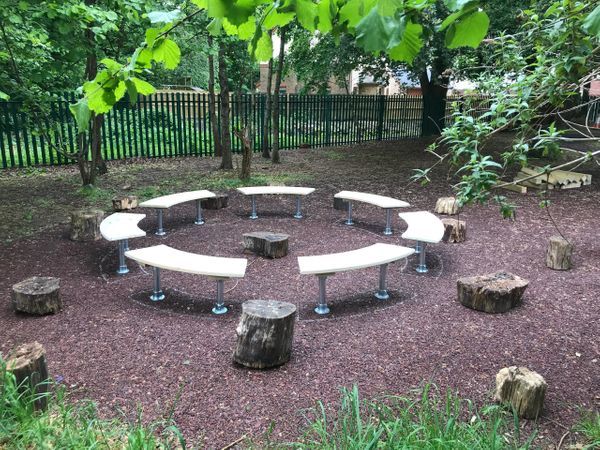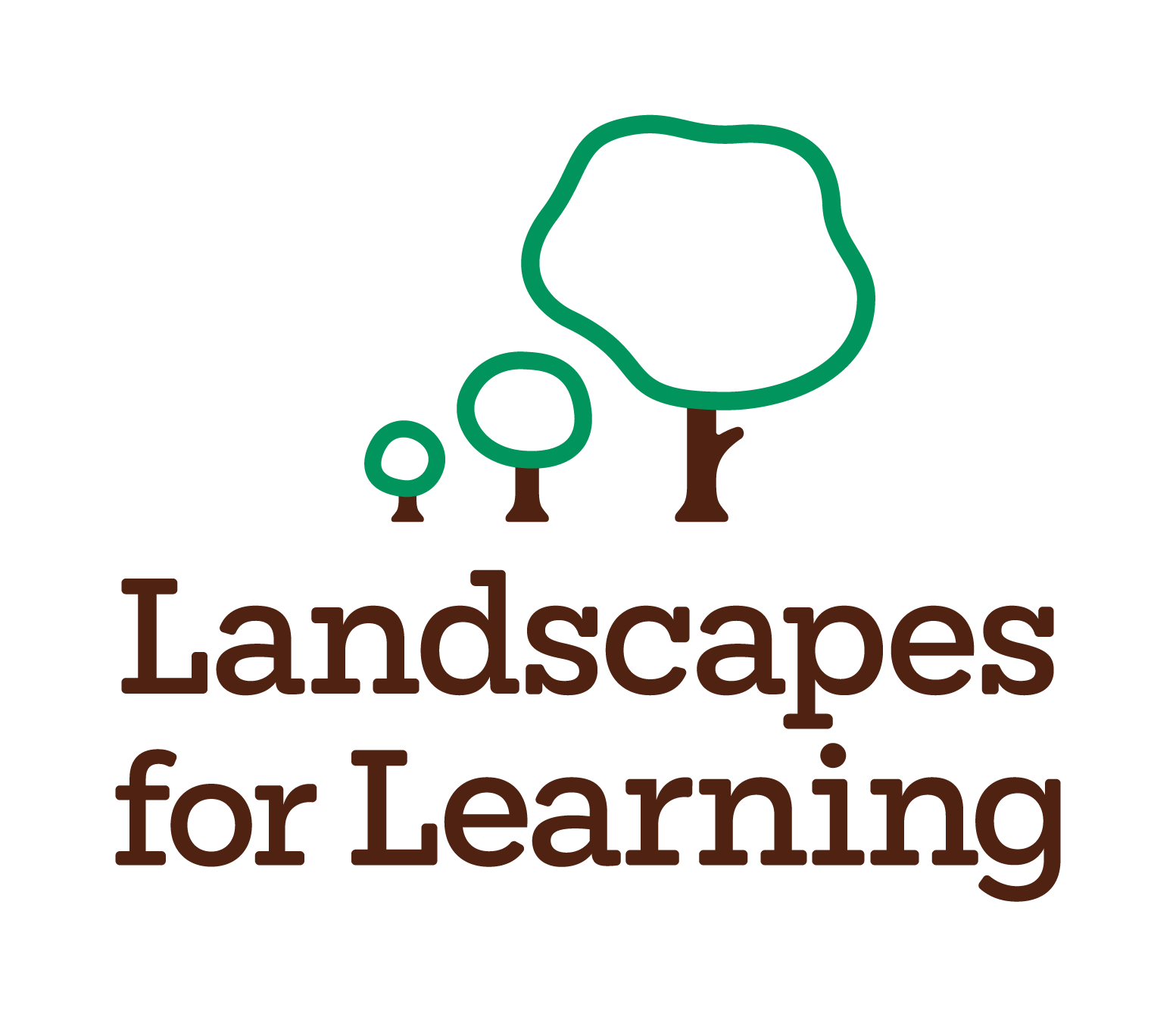The Pros and Cons of Forest Schools

We’re beginning to see that models of education based around rote learning and based within the confines of a classroom don’t suit every individual’s needs. Society as a whole is also beginning to recognise the holistic value of the education setting for its ability to instil personal and social values, nurture relationships and create associations that prompt positive well-being for children as they grow.
In this blog post, we’ll explore what is meant by Forest School, and discover some of the pros and cons it might have as a style of education.
What is a Forest School?
Learner-led, Forest Schooling is a holistic system that encourages children to nurture healthy relationships with risk, problem-solving, and self-discovery, whilst outdoors in the natural world. This hands-on process is usually aimed predominantly at younger learners, for example, nurseries and primary school-aged children, but the value of outdoor education delivered by Forest Schooling has benefits at all stages of educational development. These can be stand-alone institutions for outdoor education but are also sometimes facilitated by private or state schools to run additional sessions to complement regular classroom learning.
This doesn’t mean zero protection from the elements, however. A forest school may invest in something like our outdoor Healey classroom or something similar to create an area to gather and learn as well as shelter.
The Origins of Forest School
Forest School as it is understood today in the UK began in the 1990s, inspired by the pedagogical practices showcased in Scandinavian countries. The Forest School Association (FSA) was established formally in 2012.
Forest Schools all vary, of course, like any education setting. But their positive core beliefs, according to the FSA, are that learners are all:
- Equal, unique, and valuable.
- Competent to explore and discover.
- Entitled to experience appropriate risk and challenge.
- Entitled to choose, initiate, and drive their own learning and development.
- Entitled to experience regular success.
- Entitled to develop positive relationships with both themselves and others.
- Entitled to develop a strong, positive relationship with the natural world.
The Pros and Cons of Forest School
Pros
Case studies have shown that Forest School aids children in developing skills of self-regulation, coping with and learning from failure, building resilience, gaining a sense of achievement, and increasing motivation and concentration. It has also been shown to improve problem-solving, improve overall well-being and mental health, expand vocabulary and communication skills, empower, and build positive relationships with adults and peers.
Cons
Forest School, just like any specific learning environment, doesn’t suit every child. It can be challenging on cold and wet days, as children will be outdoors come rain or shine. Safety and hygiene might be a con for some parents and children too; activities like climbing trees and jumping in mud and puddles encourage controlled risk-taking and also put children in potentially unhygienic scenarios. It might also make adapting to a ‘normal’ school more challenging, if and when they are reintroduced to this system later on.
Re-assessing how children learn
Our national school system was created in 1870, to demonstrate a commitment to education provision on a national scale. But what exactly the aim of this 200-year-old institution was is up for debate. “The modern education system was designed to teach future factory workers to be punctual, docile, and sober”, insists this article by Quartz. If schooling really was created in some part to help shape pupils into factory workers, many would argue that it needs an overhaul. Sitting still, for hours, at desks, obeying the teacher? It’s a great way to learn to “follow orders, to respect the space and property rights of others, be punctual, docile, and sober”, but this social conditioning offers an education that doesn’t suit all learners, and can leave children with different strengths behind.
In this post-industrial era, it seems we will need future generations to be maverick inventors and intelligent risk-takers. We’ll need them to think outside of the box, and consider the impact of their actions – on themselves, on their environment, and on their wider communities. We’ll need them to help discover new ways and means to live successfully – not simply recite what they have rote learnt.
Forest school purports to support ‘new’ types of learning; learning which devalues the formality and strictures of traditional schooling settings in favour of learning through play. It tends to value more physical and imaginative pursuits, and instills the value of nature and the outdoors into students. Its ethos is to promote “self-esteem, creativity, confidence and independence”.
Forest School Learning: Physical
Forest School has been shown to help develop both fine and gross motor skills in younger learners, allowing them to more quickly become dexterous – useful for both tool use (be that a pencil, paintbrush, hammer or spade) and for physical health (as children gain better control over their bodies more quickly, encouraging a future of more physical fitness).
Useful Products for Physical Development in Forest School Settings:
A mud kitchen such as our Fun for Five Mud Kitchen helps to support the development of fine motor skills by encouraging skills like stirring and tipping to gain coordination and proprioception, whilst our Challenge Wall helps to encourage climbing, balancing and jumping to further those gross motor skills.
Forest School Learning: Communication, and Personal and Social Development
Because of the stereotypical informality of the setting, forest school encourages children to interact and communicate, becoming self-aware and self-regulating, at an earlier age. Sensory experiences and the collaborative nature of many Forest School experiences also bolster the opportunities for social development and communication between students.
Useful Products for Communication, and Personal and Social Development in Forest School Settings:
Our 3m Gazebo provides a structure in which learning and interacting can take place under cover, and the three-sided seating means students all face inward toward one another. Our Pirate Ship meanwhile creates an environment where children can go on an imaginative journey together, taking different roles and working together to create their adventure.
Forest School Learning: Cognitive Development and Problem Solving
Instead of being taught the theory, Forest School encourages learners to experience the reality, and the outcome of action and reaction. Learners discover how to assess problems and make their own decisions on the best ways to solve them. This ‘try and try again’ mentality also removes the negative connotations of failing and encourages emotional resilience in the face of challenge.
Useful Products for Cognitive Development and Problem Solving in Forest School Settings:
Our water wall allows younger learners to see and explore action and reaction, as the water they add travels through different pipes at different speeds at different gradients down the wall. Our den-making poles meanwhile allow children to explore building and construction skills, whilst learning how things ‘stay up’ and why things fall down.Landscapes for Learning provides outdoor learning equipment for all different types of education environments, and to assist learners with all of their academic, emotional, and physical education. Check out our range to find out more.
